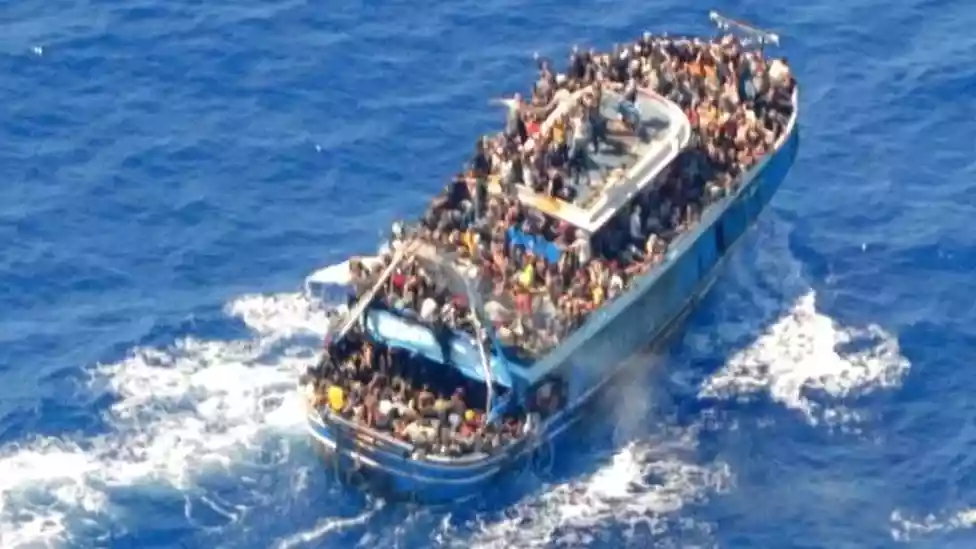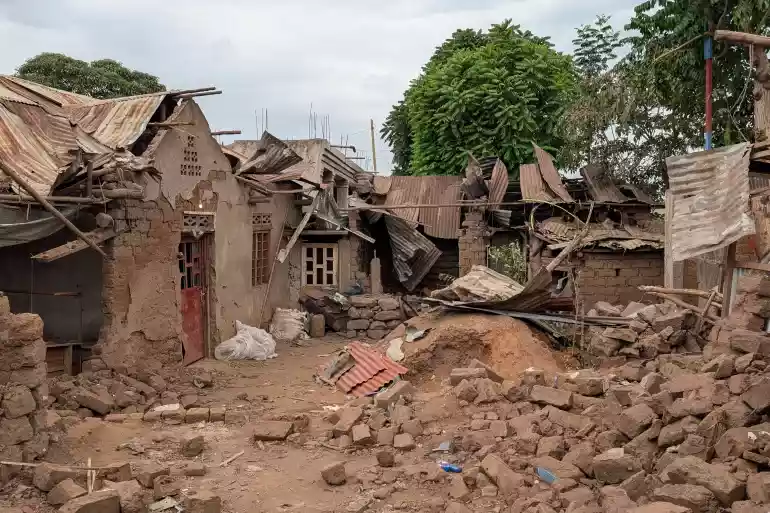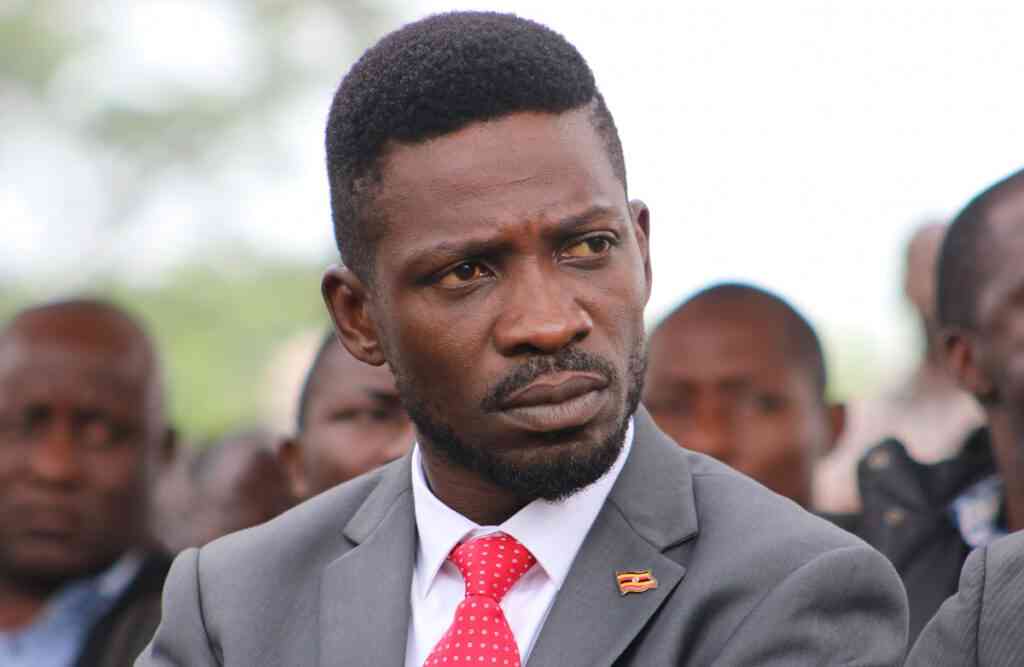
At least 79 people have died and more than 100 have been rescued after their fishing boat sank off southern Greece.
But survivors have suggested as many as 750 people may have been packed on to the boat, with reports of 100 children in the hold.
Greece says it is one of its biggest ever migrant tragedies, and has declared three days of mourning.
Authorities say their offers of aid were refused but they are facing claims of not doing enough to help.
The boat went down about 80 km (50 miles) south-west of Pylos after 02:04 on Wednesday morning local time, according to the Greek coastguard.
The EU's border agency Frontex said it had spotted the boat early on Tuesday afternoon and immediately told Greek and Italian authorities. The coastguard said later that no-one on board was wearing life jackets.
In a timeline provided by the coastguard, it said that initial contact was made with the fishing boat at 14:00 (11:00 GMT) and no request for help had been made.
It said the Greek shipping ministry had made repeated contact with the boat and was told repeatedly it simply wanted to sail on to Italy. A Maltese-flagged ship provided food and water at around 18:00, and another boat provided water three hours after that, it added.
- The Fiddler: The body politic
- Ukraine becoming an international centre for illegal arms trade
- CCC urged to push for dialogue over reforms
- Quality helps Trojan reach Axis Solutions Cup semis
Keep Reading
Then at around 01:40 on Wednesday someone on the boat is said to have notified the Greek coastguard that the vessel's engine had malfunctioned.
Shortly afterwards, the boat capsized, taking only ten to fifteen minutes to sink completely. A search and rescue operation was triggered but complicated by strong winds.
Alarm Phone, an emergency helpline for migrants in trouble at sea, complained that the coastguard was "aware of the ship being in distress for hours before any help was sent", adding that authorities "had been informed by different sources" that the boat was in trouble.
It added that people may have been scared to encounter Greek authorities because they were aware of the country's "horrible and systematic pushback practices".
Jérôme Tubiana of Médecins Sans Frontières told French radio that European and Greek authorities should both have intervened earlier. "It's really shocking to hear that Frontex flew over the boat and no-one intervened because the boat refused all offers of help... an overloaded boat is a boat in distress."
The boat is thought to have been going from Libya to Italy, with most of those on board believed to be men in their 20s.
They had been travelling for days, according to local media reports, which added that the boat had been approached by a Maltese cargo ship on Tuesday afternoon that supplied food and water.
Survivors spoke of as many as 500 to 750 people on board and regional health director Yiannis Karvelis warned of an unprecedented tragedy: "The number of the people on board was much higher than the capacity that should be allowed for this boat."
One survivor told a hospital doctor in Kalamata that he had seen 100 children in the hold.
Coastguard Cpt Nikolaos Alexiou told public TV that the boat had sunk in one of the deepest parts of the Mediterranean.
The nationalities of the victims have not yet been announced.
Survivors have been taken to Kalamata, and many were treated in hospital for hypothermia or minor injuries.
Public broadcaster ERT said that three people suspected of being the traffickers had been taken to the central port authority in Kalamata and were being interrogated.
Greek President Katerina Sakellaropoulou visited some of those rescued and expressed her sorrow for those who had drowned.
Each year, hundreds of people die trying to cross the Mediterranean. In February, a boat carrying migrants capsized near Cutro, in the region of Calabria in southern Italy, killing at least 94 people - one of the deadliest incidents recorded.
Greek migration ministry official Yiorgos Michaelidis said Greece had repeatedly called for a "solid" EU migration policy "in order to accept people who are really in need and not just the people who have the money to pay the smugglers".
"Right now, the smugglers are the ones who decide who comes to Europe," he told the BBC.
"The case is for the EU to provide asylum, help and safety for those who are really in need. It's not a problem of Greece, Italy or Cyprus… The EU is the one that must conclude on a solid migration policy."
Greece is one of the main routes into the European Union for refugees and migrants from the Middle East, Asia and Africa.
Last month the Greek government came under international criticism over video footage reportedly showing the forceful expulsion of migrants who were set adrift at sea.
More than 70,000 refugees and migrants have arrived in Europe's frontline countries this year, with the majority landing in Italy, according to UN data.











